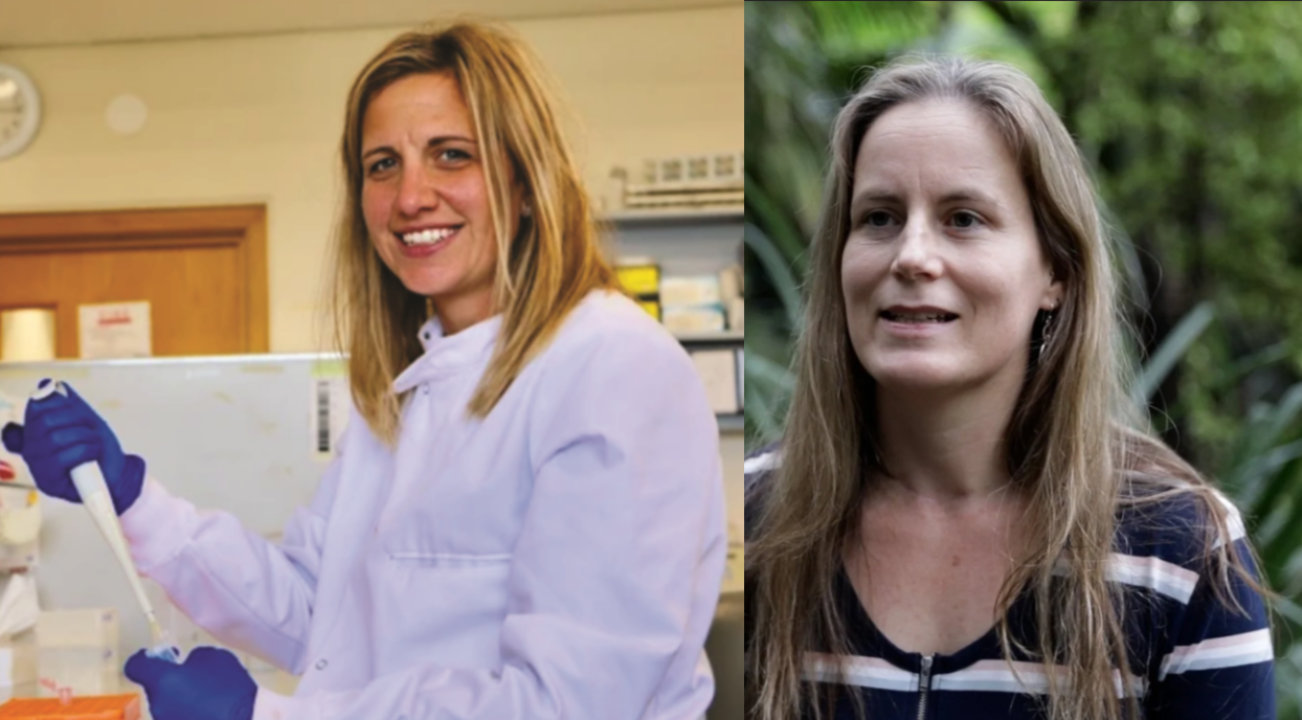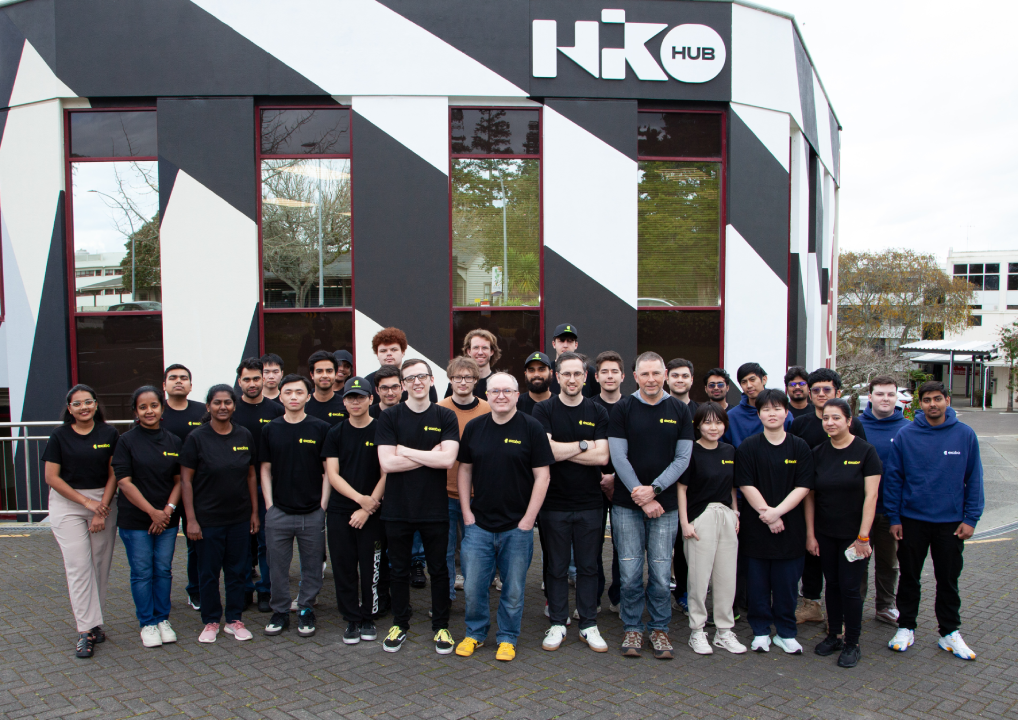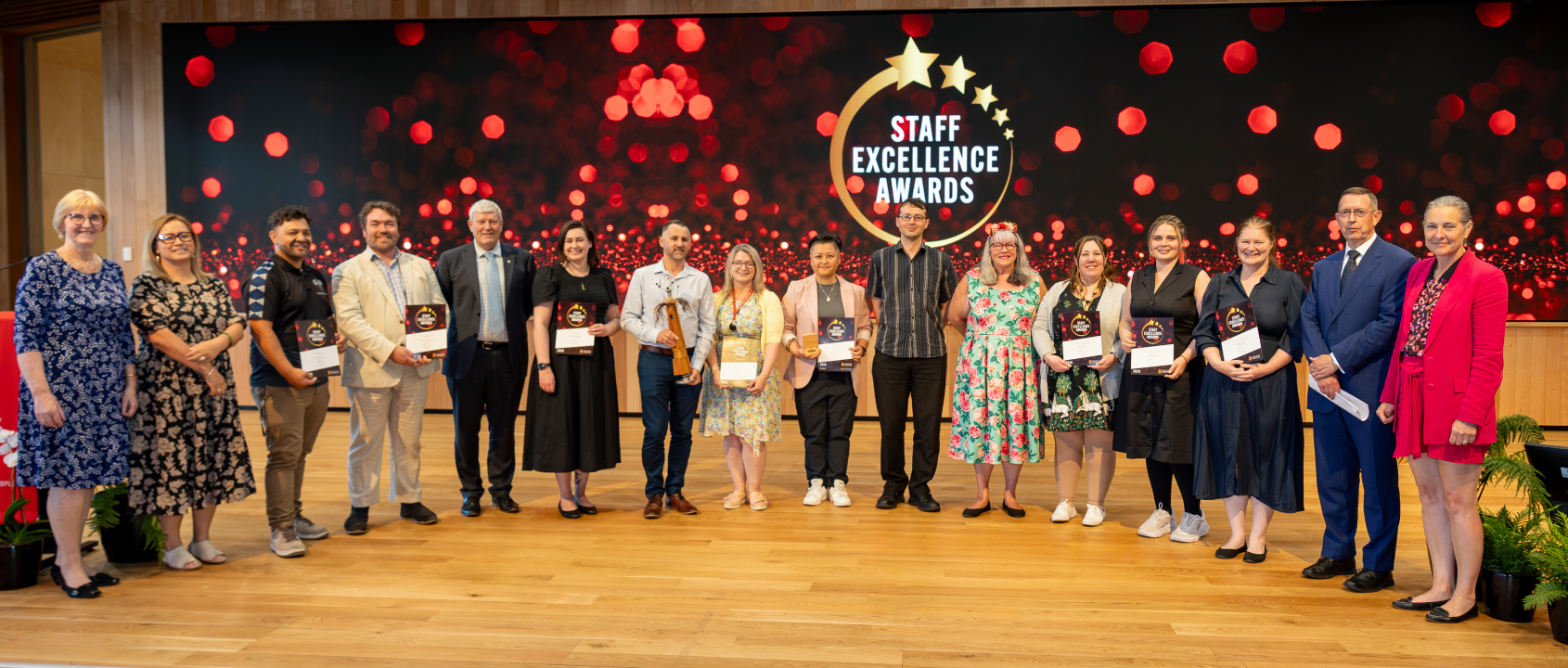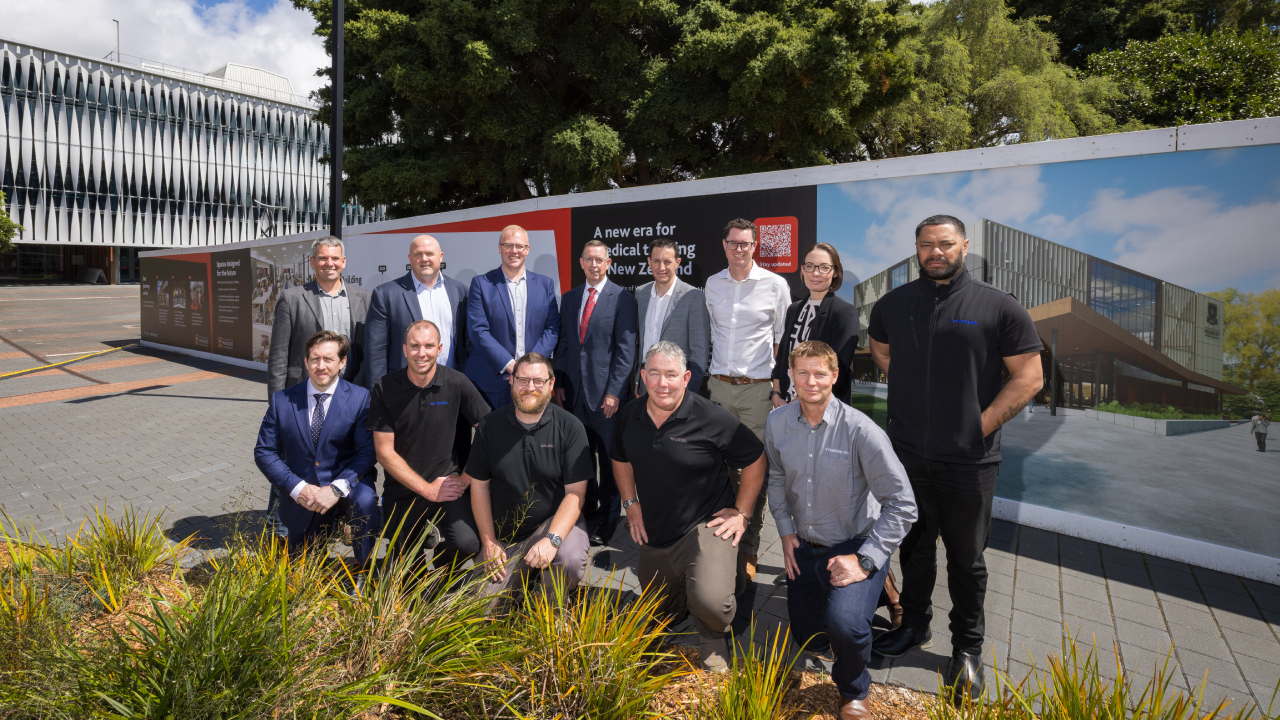You’re at a party. Someone asks, “What do you do?”
“I’m a grammarian,” you say, and your would-be new friend scarpers before you can blink.

Grammarian and linguist Dr Andreea Calude wants to shout out that grammar can not only be fun, it is vital for communication and social cohesion, and English grammar in particular has plenty of mystery and intrigue.
She’s just co-authored a book about it, Mysteries of English Grammar – A Guide to Complexities of the English Language, launched this week at the University of Waikato.
Dr Calude, Senior Linguistics Lecturer at the University and convenor of its linguistics programme, teamed up with renowned author and linguist Emeritus Professor Laurie Bauer from Victoria University of Wellington to write a book that outlines problems (mysteries) and everyday aspects of grammar in a way that’s easily understood.
“It’s a book for everyone,” Dr Calude says. “Grammar helps us communicate effectively, sticks us in groups, let’s us be our different selves. It’s not just the concern of academics in ivory towers with nothing better to do. We use grammar every day and you don’t need a degree to understand the value of it.
“It’s not pure or perfect. It’s just the way we do things. Grammar is part of how we package information. We use different types of language and grammar to fit into our various social circles – at work, at home, in social situations, talking to adults, talking to children – and it can mean the difference between social acceptance and being an outsider,” Dr Calude says.
“For example, in New Zealand we have several greetings – hello, gidday, how are you doing? – but when I went to England people kept greeting me with ‘You’re right?’ and I didn’t know I only had to reply with the same question. I was confused and it immediately placed me as an outsider.”
Dr Calude says having grammar rules makes things easier to remember and recall when we speak and when we write.
“We judge people by the way they look, how they speak, their body language and their spoken and written language … language is your business card if you like.”
To decide what to include in their latest book, Drs Calude and Bauer each wrote a list of possible subjects, eventually settling on 15 “mysteries” and then set about writing their own chapters, often using examples of the precise mysteries described for chapter titles to make their point – You’ll never get nowhere: Double negatives; The author has finished this chapter last year: The present perfect; and An even more interestinger topic: Comparatives and superlatives.
One of Dr Calude’s favourite chapters to write was Over and Out: Prepositions.
“They’re not logical. Why do we say ‘by mistake’, but ‘on purpose’? We say ‘by accident’, not ‘on accident’. I explain what we see on the surface, why something is like it is, and then unpack it, question it, and analyse it to increase understanding in a way that’s – hopefully – upbeat and engaging.”
Dr Calude says that’s how she tries to make her lectures too: energetic and dynamic, and she’s often rewarded when students tell her that her grammar paper wasn’t what they were expecting.
She hopes her students past and present will read Mysteries of English Grammar.
It’s published by Routledge in paperback and also as an ebook. Separate chapters are downloadable too. In Hamilton the book is available at Bennetts on campus and Poppies in the city.



